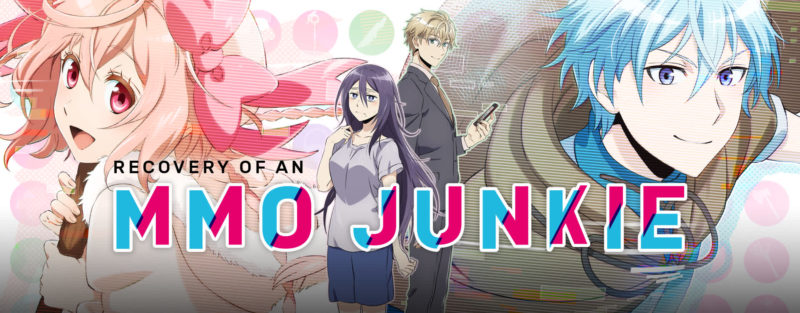 When I first saw Recovery of an MMO Junkie on Crunchyroll’s list, I wasn’t terribly excited. MMORPG-focused stories have become a genre to themselves ever since Sword Art Online became huge. However, Recovery pleasantly surprised me as a slice-of-life story that followed a 30-year-old woman who had enough of corporate life. The story itself isn’t anything groundbreaking and Moriko Morioka, the protagonist, falls into the rather tired spazzy character archetype. However, the story is solid and provides some interesting commentary about our modern life. She is a hikikomori, but nowhere near as neurotic as Sato in Welcome to the N.H.K..
When I first saw Recovery of an MMO Junkie on Crunchyroll’s list, I wasn’t terribly excited. MMORPG-focused stories have become a genre to themselves ever since Sword Art Online became huge. However, Recovery pleasantly surprised me as a slice-of-life story that followed a 30-year-old woman who had enough of corporate life. The story itself isn’t anything groundbreaking and Moriko Morioka, the protagonist, falls into the rather tired spazzy character archetype. However, the story is solid and provides some interesting commentary about our modern life. She is a hikikomori, but nowhere near as neurotic as Sato in Welcome to the N.H.K..
Throughout Recovery, Morioka attempts to separate her real life from her online life. She plays a male character on her favorite RPG and poses as a male university student when her guildmates attempt top squeeze some personal information from her. She uses the game to escape her discontent with life and enter a world that allows her to have more confidence. She quickly finds she can’t keep her online and offline lives separate. This is, perhaps, the most important lesson of the story. Anonymity is an illusion on the Internet. As soon as you connect, there are corporate gazes watching you, even if they only see you load the browser Tor and all of its proxy bounces. Tor, if you didn’t know, is a web browser designed to make it harder for people to track you. It was intended to break through China’s firewall and other filtering systems.Everything you do leaves a trail, and it’s possible to always remain in character as Morioka discovers. Our true personalities eventually show. Online and offline life bleed into each other through social media and inevitable human interactions online.
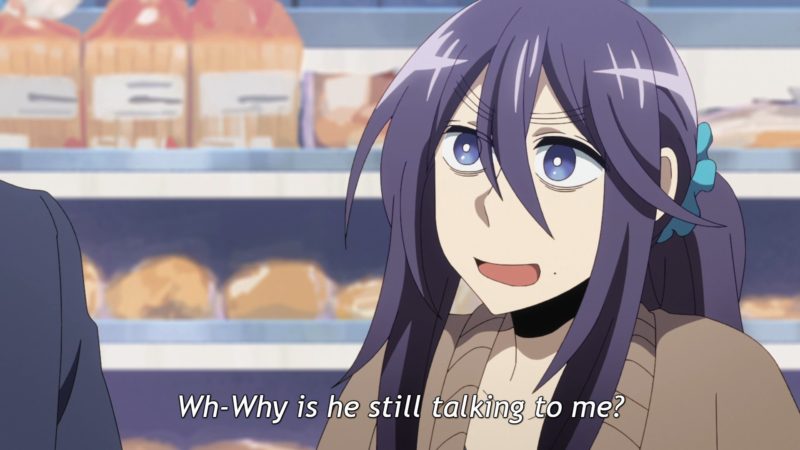
Morioka can only keep up the role-playing for so long before coincidence and mistakes add up and her guildmates begin to suspect her gender. Luckily, her actions online help her establish friendships offline. For most of us, we don’t get to meet those we play alongside online, but sometimes, the relationships we form through our screens spill out to offline space. In fact, our actions online increasingly affects offline life. What you post on Facebook, Twitter, 4chan, Instagram, etc can hurt your career chances, depending on what you post. Companies can (and will) research your online life. From a Christian standpoint, your offline and online life should be the same. Of course, role playing is okay, but you can’t bully people on an MMO on Saturday night and be a Christian on Sunday morning. One of those yous is a lie. Online life reflects who you are inside. After all, the lack of a human face and the fact the pixels represent a stranger you may never see makes it easier to act selfishly.
Recovery touches on this fact. Morioka’s actions online better represent her true self than her socially awkward, shy real life appearance. She is considerate and capable, but suffers from social anxiety that blocks her ability to express herself. In her case, online life lets her be truer to herself than offline life. For many people, this is true, especially for introverts and those who suffer from social anxiety.
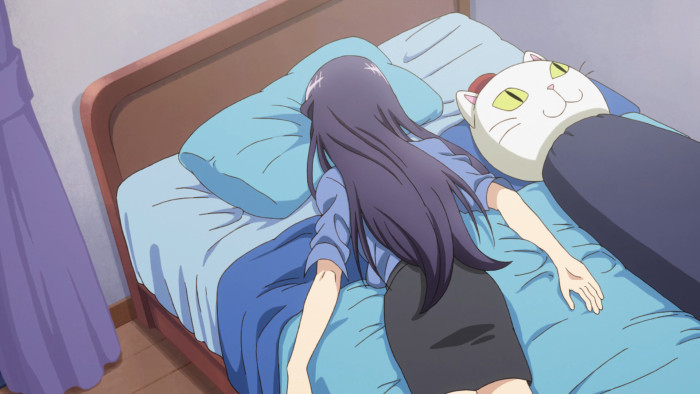
Throughout my late high school and early college, I used Diablo II in the same way. I spent far too many hours playing the game with strangers and friends as a way to connect socially because of my social anxiety and awkwardness. It was in the dial-up days of the Internet. But I felt more capable in the game than I did outside the game. It was similar to Morioka’s comfort in her MMO of choice. And that comfort can be addictive if you aren’t careful. It can also give you common ground that allows you to establish connections with people you may not be able to easily connect with otherwise. This is what happens in Recovery. Morioka’s MMO allows her to connect with several people and establish ties she likely wouldn’t have otherwise. It acts as an ice breaker for conversation.
Let’s return to the idea that the online self is more real than your offline self. Online conversations appear to lack consequences. After all, you can just block someone or sign off after trolling. On video games, you often won’t see the same players with regularity. When you have these brief encounters, there doesn’t appear to be a consequence to selfish behavior such as name calling and trolling in general. When you have a void of lasting visible consequence, your true behavior can come out. If you treat them poorly, that shows how such behavior resides deep within you. If you treat them generously, that too reflects positively on you. Morioka finds a positive atmosphere on her MMO, which builds her up in the story. You see, you can never tell how your actions will impact the person on the other side of the screen. Sometimes a comment from a user named XX_PWN_you_XX can cut deeper than you suspect.
While that is partially your responsibility to let comments slide over you (easier said than done sometimes), it is also XX_PWN_you_XX’s responsibility to be compassionate too. I place more responsibility on perpetrator than victim. But in either case, behavior comes from deep within you. The less important it seems to be good, generous, and compassionate, the more important it is to be just so. Those small, seemingly unimportant events online are tests to character. They can create habits of behavior.
Recovery of an MMO Junkie doesn’t pontificate these points. They are all hidden under the romance and awkward social behavior it focuses upon. You can enjoy the story for what it is–a fairly adult love story that uses an MMO to get it moving. Or you can see these interesting trends in how offline and online life interact with each other. It’s a short anime at only 10 episodes. Morioka’s spazzing grated on my nerves. I know its meant to be funny in its over-the-topness, but the trope is tired. Anxiety is rarely so overt, which is what makes anxiety so insidious, but aside from that, I found the story charming and worth a watch if slice-of-life is your thing.
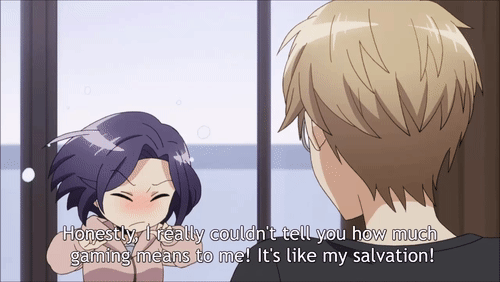
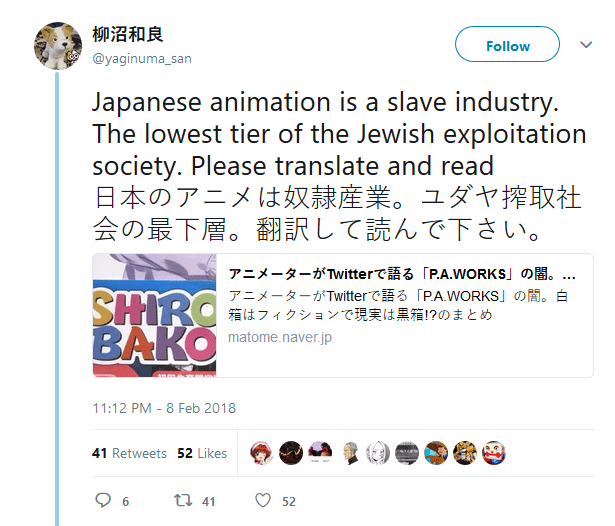
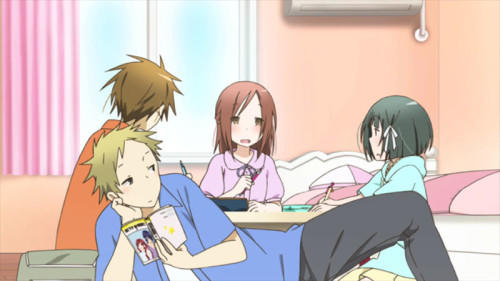
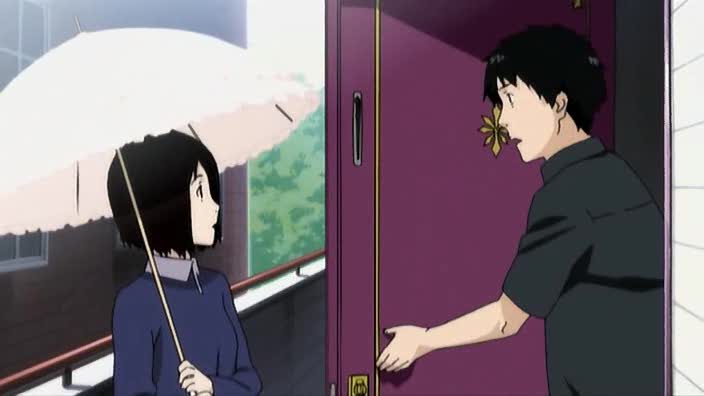
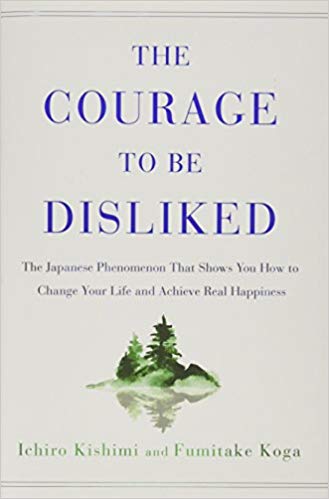
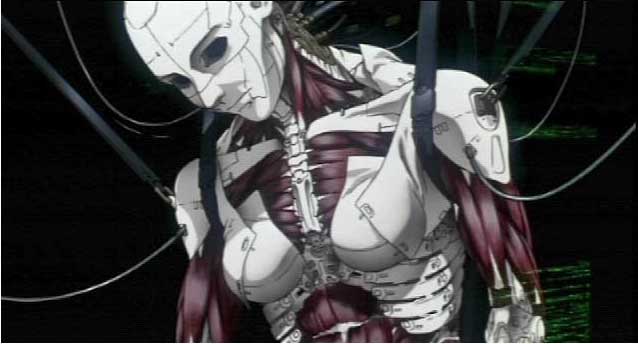
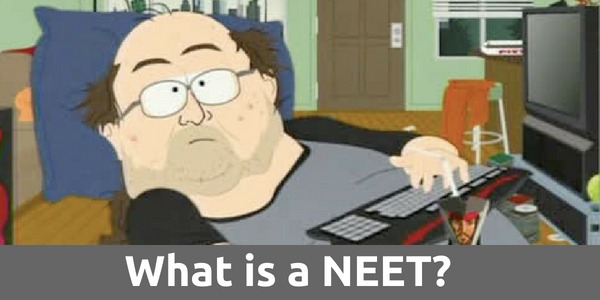
I might have to go check the show out now. I know what you mean about the online off stuff, but I feel like it is going to far these days with the way the internet saves everything.
I’ve noticed most social websites degrade to a low-level of functioning among many of its users. Several art sites I used to frequent have eroded to essentially fetish porn sites and troll hangouts. The Internet is a great tool, but social media itself doesn’t appear to be positive in the aggregate, and that’s not even touching upon the Arab Spring and other ventures.